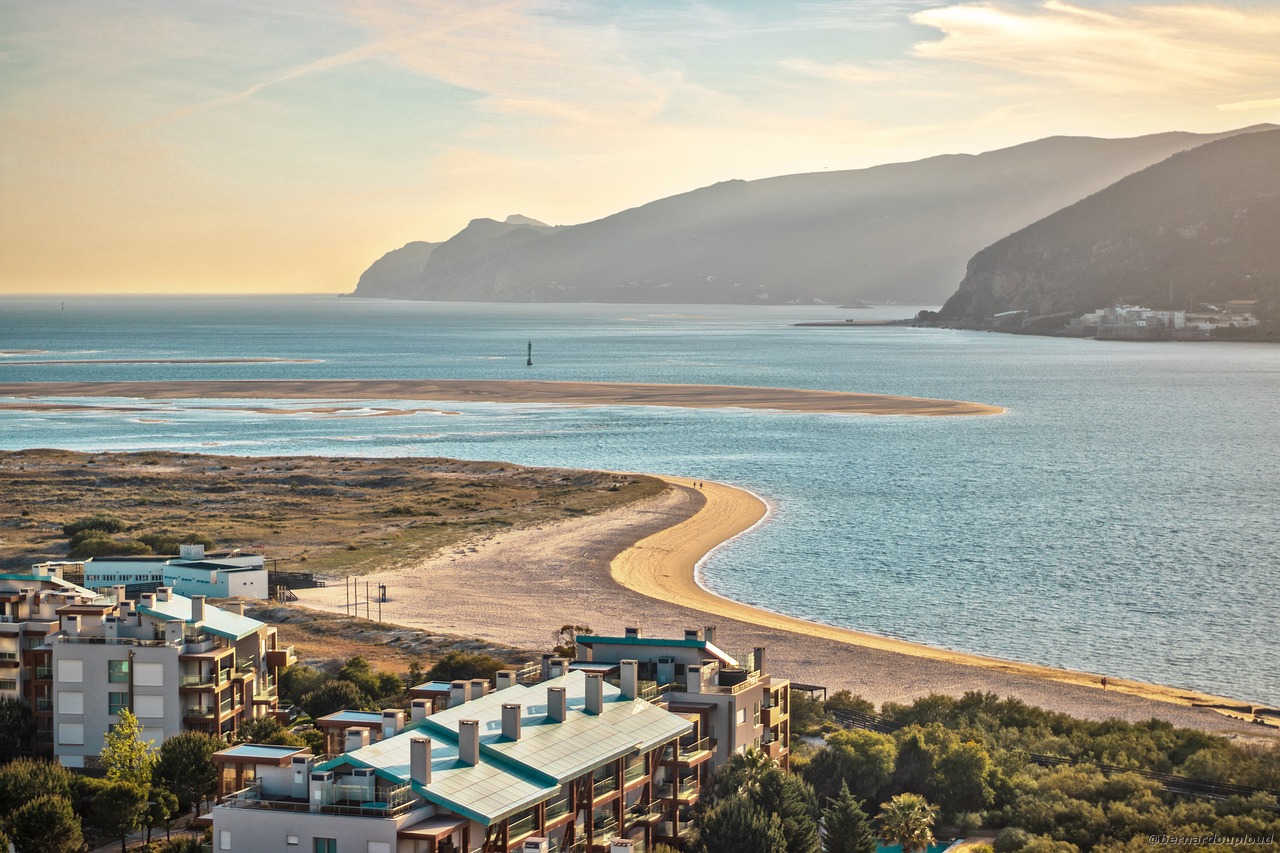Portugal, often referred to as “Lusitania’s Gem,” is a country renowned for its vibrant culture, stunning landscapes, and historical significance. This term captures the essence of Portugal’s unique heritage and its esteemed place in European history. This article explores the various facets of Portugal that make it a gem in the Iberian Peninsula.
Introduction to Lusitania’s Gem
“Lusitania’s Gem” is a fitting description for Portugal, a nation that has long been a beacon of cultural and historical richness. The term “Lusitania” derives from the Roman province that once covered much of modern-day Portugal. Today, this moniker reflects Portugal’s exceptional contributions to world history, culture, and tourism.
Historical Significance of Lusitania
The Roman Era
Lusitania was a Roman province that existed from 27 BC to 409 AD. During this period, Portugal was an integral part of the Roman Empire. The Roman influence is still visible today in the remnants of ancient architecture and roads. Key historical sites include the Roman Theatre of Mérida and the ancient city of Conímbriga, which showcase the architectural prowess of the Romans.
The Age of Exploration
Portugal’s prominence grew during the Age of Exploration (15th and 16th centuries). The country was at the forefront of maritime exploration, with figures such as Vasco da Gama and Ferdinand Magellan leading expeditions that mapped uncharted territories. This era established Portugal as a major global power and left a lasting impact on international trade and cultural exchanges.
Natural Beauty and Landscapes
Coastal Splendor
Portugal’s coastline is one of its most defining features. Stretching over 800 kilometers, it boasts stunning beaches, dramatic cliffs, and picturesque fishing villages. The Algarve region, known for its golden beaches and vibrant nightlife, is particularly popular among tourists. The rugged coastline of the Azores and Madeira islands also offers breathtaking scenery and unique natural environments.
Rolling Vineyards and Wine Country
Portugal’s wine regions are renowned for their excellence and diversity. The Douro Valley, a UNESCO World Heritage site, is famous for its terraced vineyards and port wine production. The country’s wine culture is deeply embedded in its history, and exploring the wine regions offers a glimpse into traditional winemaking practices.
Enchanting Landscapes
Beyond the coast, Portugal’s landscape features rolling hills, lush forests, and serene lakes. The Azores archipelago, for instance, is known for its volcanic landscapes and beautiful crater lakes. Similarly, the Madeira islands offer a subtropical climate and verdant scenery, perfect for hiking and nature enthusiasts.
Rich Cultural Heritage
Architectural Wonders
Portugal is home to a variety of architectural styles, from Moorish and Roman influences to Gothic and Baroque masterpieces. The Belém Tower and Jerónimos Monastery in Lisbon are prime examples of Manueline architecture, characterized by intricate designs and maritime motifs. The historic center of Porto, with its medieval buildings and iconic bridges, also reflects the country’s architectural diversity.
Festivals and Traditions
Portuguese culture is celebrated through numerous festivals and traditions. The colorful Carnival of Madeira and the lively Festas de São João in Porto are just a few examples. These events showcase traditional music, dance, and culinary delights, offering a vibrant insight into Portugal’s cultural fabric.
Culinary Delights
Portuguese cuisine is a testament to the country’s rich cultural influences. Dishes like bacalhau (salted codfish), pastéis de nata (custard tarts), and caldo verde (green soup) are staples of Portuguese gastronomy. Each region has its own culinary specialties, making Portuguese food a diverse and delicious experience.
The Modern Appeal of Lusitania’s Gem
Tourism and Attractions
Today, Portugal is a popular tourist destination known for its warm climate, historical sites, and vibrant cities. Lisbon, the capital, is celebrated for its charming neighborhoods, historic tram rides, and vibrant nightlife. Porto, known for its port wine and picturesque riverfront, is another major attraction.
Sustainable Tourism
Portugal is also at the forefront of sustainable tourism practices. The country has implemented various measures to promote eco-friendly travel and protect its natural resources. Initiatives include promoting renewable energy, conserving marine environments, and encouraging responsible tourism practices.
Economic and Social Development
In recent years, Portugal has made significant strides in economic and social development. The country has invested in infrastructure, education, and healthcare, contributing to a higher quality of life for its residents. Portugal’s growing tech industry and emphasis on innovation are also helping to shape its future.
Challenges and Future Prospects
Economic Challenges
Despite its progress, Portugal faces economic challenges, including high public debt and unemployment rates. Addressing these issues requires continued investment in key sectors and effective economic policies to ensure sustainable growth and stability.
Environmental Concerns
Environmental sustainability remains a critical focus for Portugal. The country is working to address climate change, protect biodiversity, and manage natural resources responsibly. Efforts include expanding renewable energy sources and implementing conservation programs.
Conclusion
“Lusitania’s Gem” aptly describes Portugal’s enduring allure and significance. From its historical roots as a Roman province to its modern-day status as a vibrant and culturally rich nation, Portugal continues to captivate and inspire. Whether you’re drawn to its stunning landscapes, rich heritage, or dynamic cities, Portugal remains a gem worth exploring.
FAQ
What does “Lusitania’s Gem” refer to?
“Lusitania’s Gem” is a term that highlights Portugal’s historical and cultural significance. It refers to the country’s rich heritage as a former Roman province (Lusitania) and its exceptional contributions to world culture and tourism.
What is the historical significance of Lusitania?
Lusitania was a Roman province from 27 BC to 409 AD. Its historical significance includes Roman architectural remnants and its role during the Age of Exploration when Portugal was a leading maritime power.
What are some key tourist attractions in Portugal?
Key tourist attractions in Portugal include the historic cities of Lisbon and Porto, the stunning beaches of the Algarve, the scenic Douro Valley wine region, and the volcanic landscapes of the Azores and Madeira islands.
What makes Portuguese cuisine unique?
Portuguese cuisine is known for its diverse flavors and ingredients, including dishes like bacalhau (salted codfish), pastéis de nata (custard tarts), and caldo verde (green soup). It reflects a blend of historical influences and regional specialties.
How is Portugal addressing environmental concerns?
Portugal is focusing on sustainable tourism and environmental conservation. Efforts include expanding renewable energy, protecting marine environments, and promoting eco-friendly travel practices.
What are some of Portugal’s modern economic and social developments?
Portugal has made strides in economic development, with investments in infrastructure, education, and healthcare. The country is also growing its tech industry and emphasizing innovation to drive future progress.
This comprehensive article provides a detailed exploration of why Portugal is aptly described as “Lusitania’s Gem.” Its rich history, natural beauty, and cultural vibrancy make it a remarkable destination with a unique place in European and global contexts.










